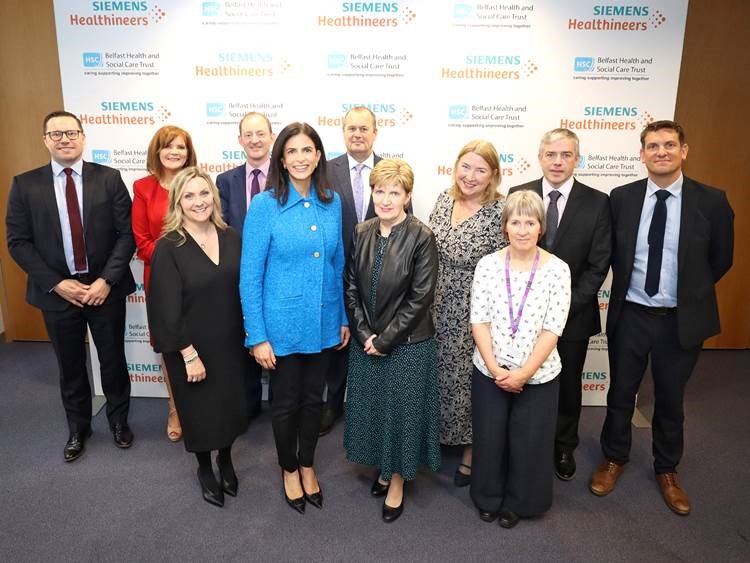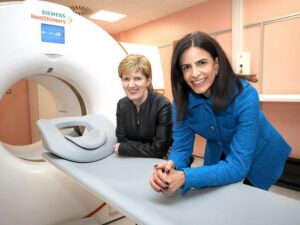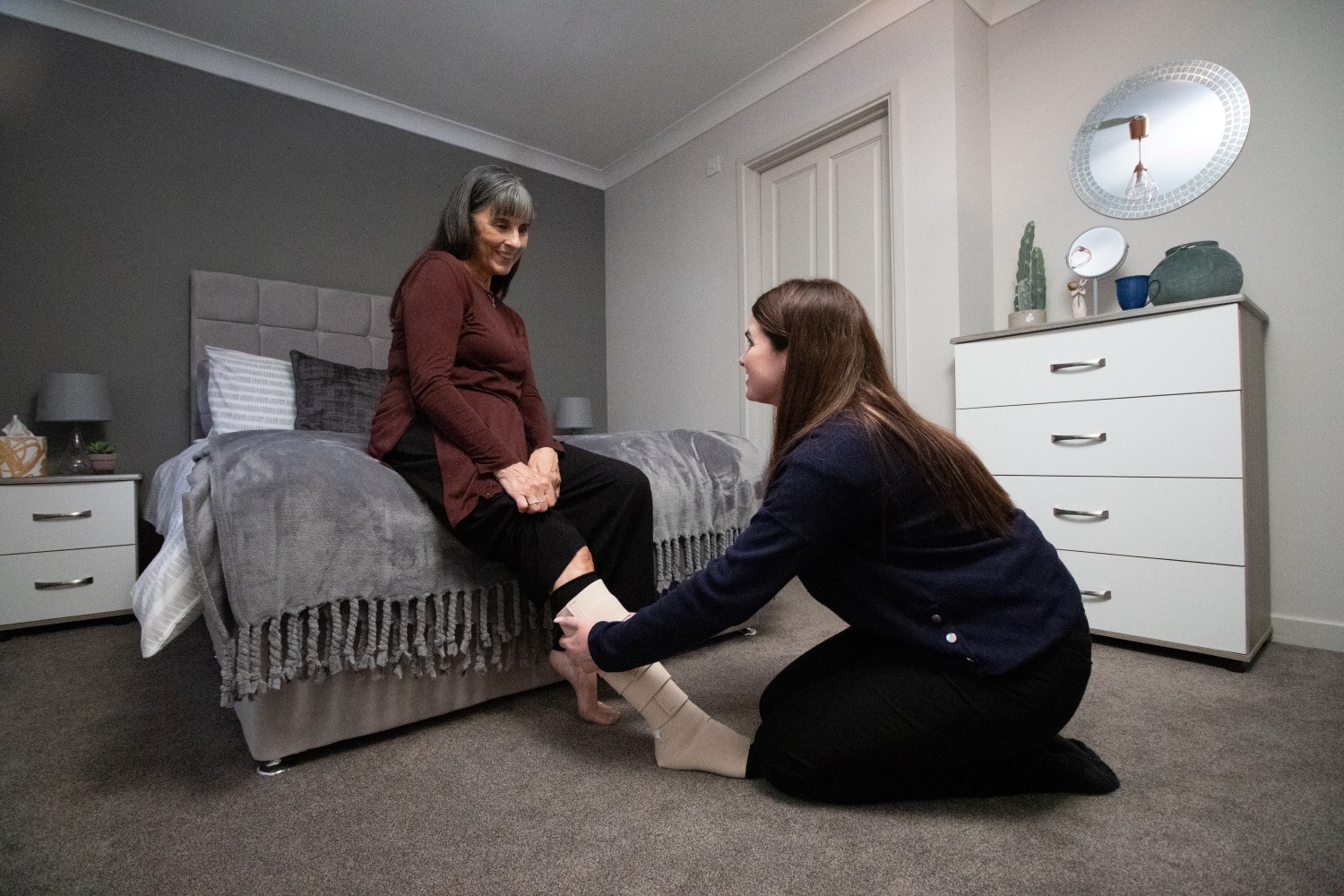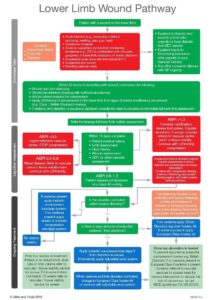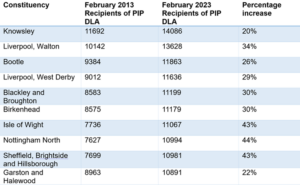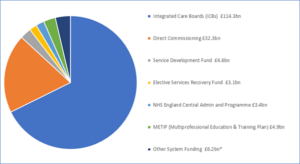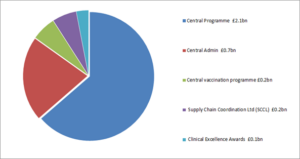12 questions that NHS IT buyers should ask communications technology vendors

While digital communications solutions are plentiful, budgetary constraints mean that asking the right questions of technology vendors is more important than ever, writes Dave O’Shaughnessy.
Today’s experience economy is not only applicable to customer-facing businesses. In the NHS, patients are the equivalent of customers and staff wellbeing is as important as in any other organisation. This means that putting experiences at the centre of NHS trusts and ICSs —for both patients and healthcare professionals—matters more than ever.
Because good communication and collaboration is at the heart of positive human experiences, every healthcare provider should aspire to an ICS-wide communications and collaboration layer. As NHS IT buyers look to realise the potential of transforming communications and collaboration efficiencies – not least improving their platforms’ ability to speak to one another and deliver service interoperability – what questions should they be asking their technology vendors? Here are some suggestions:
1. Innovation without disruption to day-to-day operations – it’s important to maximise the value and benefit from legacy investments by integrating modern communication solutions with existing technology. Ask technology vendors if they can layer on innovative and valuable features – that address real challenges and meet short-term objectives and long-term goals – without disruption to day-to-day operations.
2. Availability – check if a technology vendor is committed to delivering 99.999 per cent availability for communication services. This is important because, when it comes to hospitals, the availability of timely and dependable communications services can be seen as a matter of life and death. If systems drop or become unavailable because of cloud failure, lives are potentially at risk.
3. Security – the NHS needs the same security and reliability in its communications and collaboration solutions as those enjoyed by similarly sized government organisations worldwide, so a key question for vendors is: where will any cloud or hybrid cloud data reside?
4. Existing system interoperability – a new system must be able to push and pull data from the NHS trust’s current systems, including Patient CRMs or Electronic Health Records but if custom integrated work is needed, time-to-value can exacerbate project costs. This means that it’s important to ask if vendors have out-of-the-box connectors for current systems and how interoperability of digital systems and apps for previous clients has been ensured.
5. Single sign-on – ask if a vendor’s solutions are able to integrate with the current credentials system because single sign-on means staff can use their existing trust credentials to access new systems, minimising security-threats and vulnerabilities, while additionally reducing any complex technology-overhead on staff for accessing multiple applications and services.
6. Legacy device retirement – ask if a new system can take over functions presently performed by pagers, alarms, and notification systems. This matters because Trusts still using pagers and other legacy alerting and communication devices need modern solutions that enable legacy devices to be retired when ready and for modern communications and notifications technology to be rolled out.
7. Workflow automation – the NHS needs technology to help automate as many of its existing manual and time-consuming workflows and processes as is suitably possible. Therefore, a key question for vendors is: can you integrate with a hospital’s CRM or EHR systems so as to facilitate automated or self-service patient and staff services?
8. Remote/WFH capability – facilitating high-quality care even when employees aren’t onsite reduces the need for patients to travel to hospital, improving infection control. At the same time, suitable staff must be able to work remotely or from home without service disruption, so vendors should be asked how they would enable staff to communicate and collaborate remotely without hampering productivity.
9. Mobile experience – smart mobile devices that enable staff to access patient data while making a one-touch call to an on-call specialist accelerate traditionally disparate, time-consuming tasks, so be sure to ask vendors how they have integrated healthcare and communication systems using mobile solutions for previous clients.
10. Multilingual capability – the NHS needs healthcare applications that provide their complete set of features and services in as many languages as possible because it’s important to provide services to all who need them in a language they understand. This means that a key question for vendors is: how easy would it be for a patient to select their preferred language using your application?
11. Device and OS agnosticism – it’s important that digital services for staff and patients are available and deliverable across all access interfaces, so be sure to ask vendors if staff and patients will be able access services over various devices, browsers, and operating systems.
12. Video capability – integrated video calls improve engagement, enhance collaboration, and optimise services delivery, so ask vendors how staff and patients will be able to make video calls using their chosen device, and if the calls will be integrated with other digital applications.
Modern integrated unified communications can make the NHS more collaborative across all trusts, departments, and practice areas, enabling healthcare professionals to overcome frustrating pain points, by optimising every communication and collaboration experience for staff and patients alike.
Taking an Innovation Maturity Model assessment can help trusts and ICSs benchmark themselves against industry standards and visualise their readiness and capacity to maximise the use of existing technology and where holes need to be plugged. A great place to start a digitisation journey is to work with a trusted leader in customer experience. This helps leverage existing communications and collaboration investments and adds capabilities from advanced solutions that deliver enhanced experiences across a patient’s experience lifecycle.
Dave O’Shaughnessy, Healthcare Practice Leader, Avaya International

